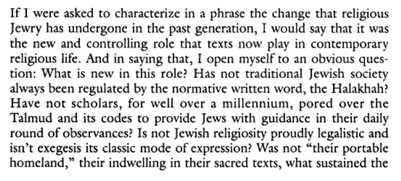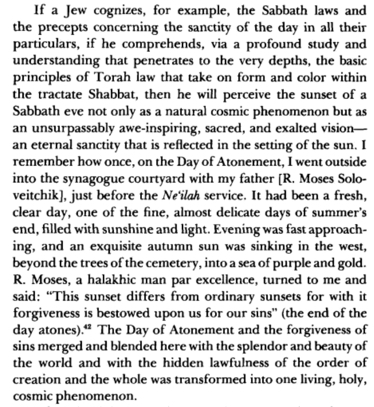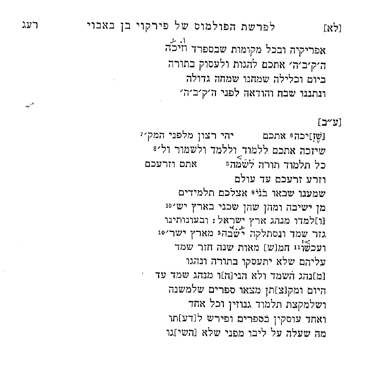Some thoughts and observations on the recent Brody (RB)-Soloveitchik (HS) forum. I’m not gonna get into everything, as a lot of this is not so pleasant. So just some meta-commentary:
1/?
2/?
3/?
4/?
5/?
6/?
7/?
8/?
9/?
10/?
12/?
19/?
20/?
a. Contemporary Judaism has lost a mimetic tradition and has instead become overly reliant on text;
21/?
22/?
24/?
25/?
26/END














